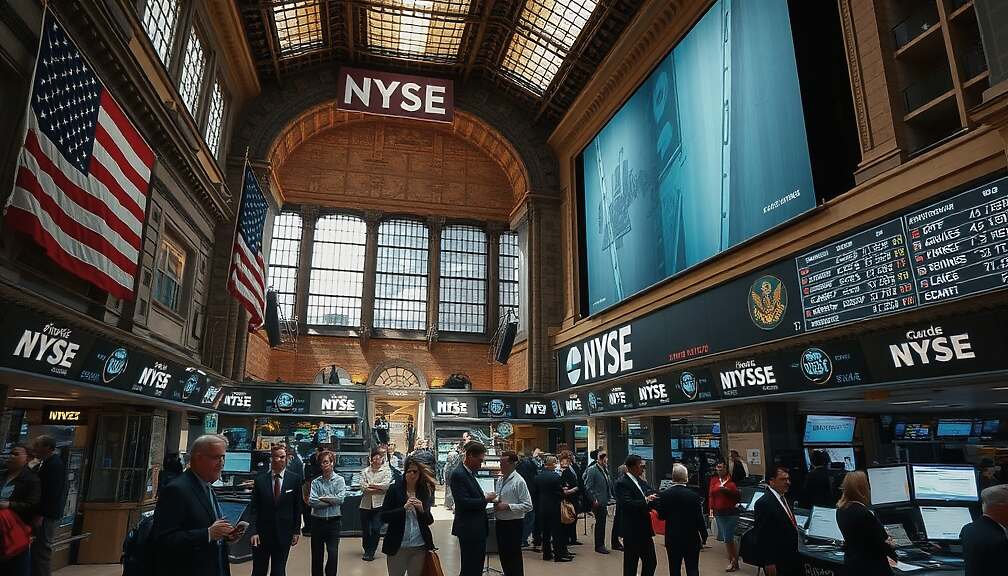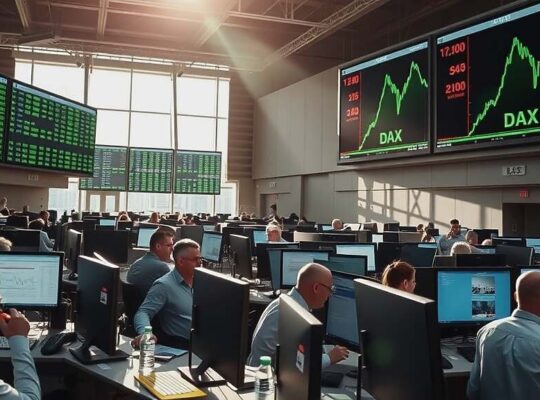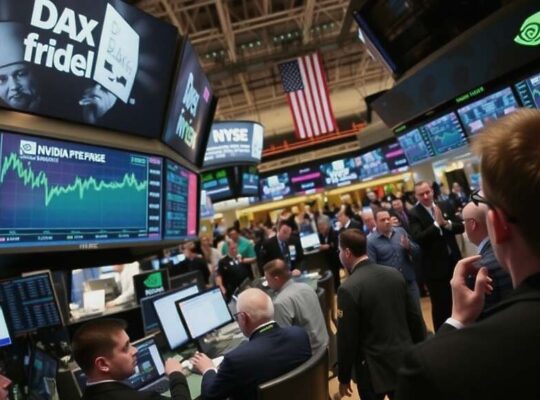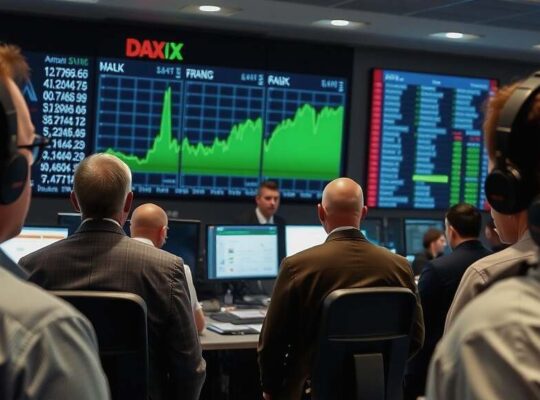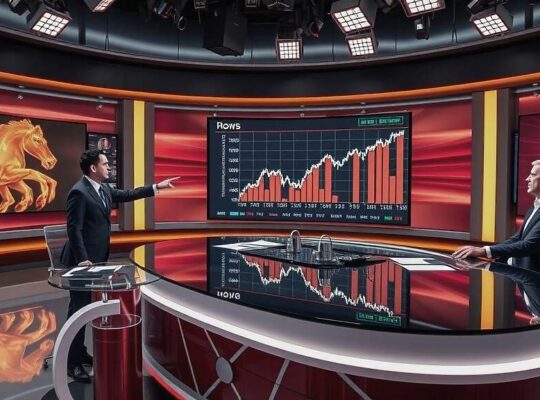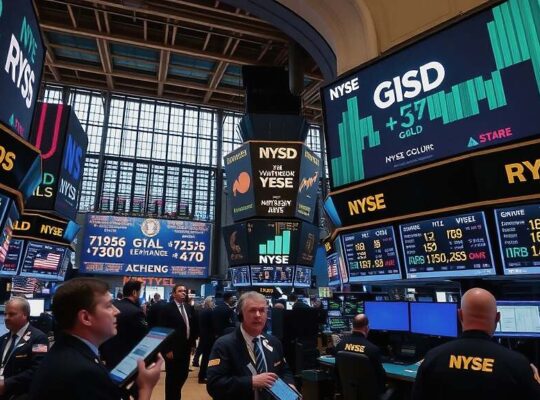The German stock market opened Wednesday with a downturn, reflecting growing global anxieties and fueled by the ongoing political and economic uncertainties emanating from the United States. The DAX index registered at approximately 23,780 points around 9:30 AM, a 0.7% decrease from the previous day’s closing level, signaling investor apprehension.
While Fresenius, FMC and Daimler Truck demonstrated gains, Siemens Healthineers experienced a sharp decline, directly attributed to the release of its quarterly earnings report. The company’s pessimistic outlook for the upcoming fiscal year has significantly dampened investor confidence, highlighting the vulnerability of even established medical technology firms to shifting economic predictions.
The performance in US markets is being scrutinized closely. Thomas Altmann of QC Partners noted a palpable sense of nervousness despite the relatively contained losses from recent highs. The Nasdaq 100’s 2.07% drop yesterday, the second-worst trading day since the April tariff-induced turmoil, underscores the fragile sentiment dominating trading floors. Similar volatility has been observed in Asian markets, with the Nikkei 225’s volatility index briefly breaching the 40 threshold – a level unseen since April.
Adding to the prevailing unease is the unprecedented length of the current US government shutdown. Analysts warn that even preliminary estimates of the shutdown’s economic impact are uncertain, but acknowledge that the longer it persists, the greater the potential damage will be. This political deadlock is not only impacting domestic programs and government services, but also injecting significant instability into global financial markets. The shutdown’s ability to negatively influence consumer spending and business investment is already raising concerns about a potential slowdown in US economic growth, with ripple effects anticipated across international trade relationships.
The euro exhibited a slight strengthening against the dollar, trading at $1.1490, a modest reprieve amidst the broader market turbulence. Brent crude oil prices remained largely static, fluctuating minimally, reflecting the cautious outlook on global demand influenced by the current political and economic climate. The market is clearly demonstrating a heightened sensitivity to both domestic political gridlock and broader international economic indicators, creating a landscape of increasing volatility and requiring careful monitoring of geopolitical developments.


